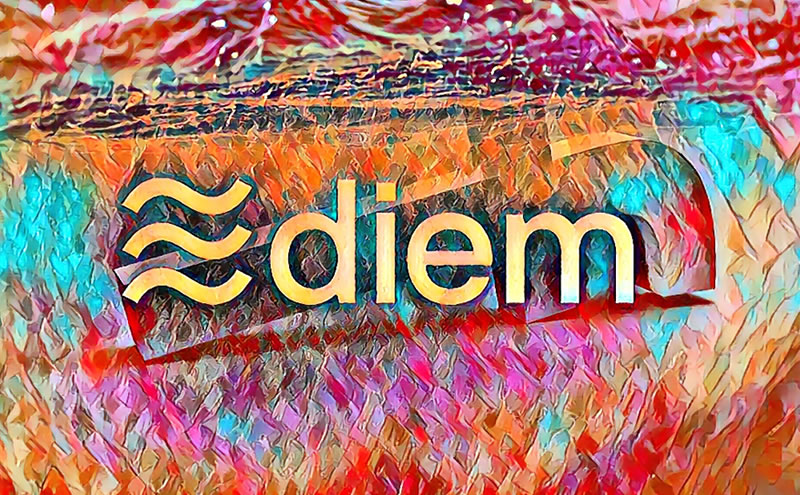After watching a two-hour grueling debate between Mark Zuckerberg, the Chief Executive of Meta (NASDAQ: FB), and Congress last year, I thought that Meta’s venture into cryptocurrency might be dissolved. But, of course, that was just a hypothesis I held then, and now my fears have been confirmed.
Today, Meta, the parent company of Facebook, Whatsapp, and Instagram, announced that it was ending its foray into cryptocurrency. Instead, it was selling its cryptocurrency venture, Diem Association.
I knew when Meta started the venture as Libra. I thought if the public could invest in it after a year, I would gladly put in my savings. But today, that business is being sold to a crypto-focused bank, California’s Silvergate Capital Bank, for $200 million. According to unconfirmed reports, Diem has been looking for a buyer for some time now and was finding challenges. But I do know that Diem has had talks with investment banks concerning its intellectual property rights and was also interested in finding new ventures for Diem’s engineers.
As many of you must know, Diem Association was the company tasked with developing Meta’s Diem digital currency. The company said it would return investors' capital after selling its assets.
Having Silvergate bank as the buyer was the right choice. It has several arrangements with companies that invest and deals with cryptocurrencies. For Meta, this will be sad news. It will put a plug in its ambitions to expand beyond social networking. It wanted to use the Diem cryptocurrency to get into the e-commerce and global payments business.
When in December last year I read that Meta’s financial technology head, David Marcus, was leaving for other entrepreneurial ventures, I knew that it would be disastrous for Diem. David Marcus was Diem himself. He was central to the future of Diem.
Since Mark Zuckerberg announced that the company would have a cryptocurrency, regulators have frowned on the idea. There was talk of Meta’s eroding control over the monetary system. In other quarters, people mooted that Zuckerberg wanted to give power to criminals and harm users' privacy. Due to the negative press, the company rebranded its cryptocurrency from Libra to Diem after some years. It then decided that rather than go global, it would concentrate on making the cryptocurrency a stable coin pegged to the dollar and would only launch it to U.S customers.
Eventually, Visa (NYSE: V), MasterCard (NYSE: MA), and Paypal (NASDAQ: PYPL) started noticing Diem, and they invested in it. Then, in 2019, the Diem Association, the partnership in charge of managing the venture, launched a cryptocurrency wallet called Novi to push the cryptocurrency further. But unfortunately, it was only available to residents of the United States and Guatemala. This to me was a bad pointer of its success.
After the launch of Novi, the venture took off slowly until the gruelling debate Zuckerberg had with Congress last year that I believed put a full stop to Meta’s plans. Even Vodafone , a partner to the venture, quit because of regulatory challenges.
I ran to only one conclusion as I reflected on the ill-fated Diem cryptocurrency. Nobody wanted Meta to be a player in the financial industry, taking its dismal handling of privacy issues into account. Hence, the metaverse, not cryptocurrency, might hold the key to enabling Meta to expand beyond being a social networking company.

















Rate this article